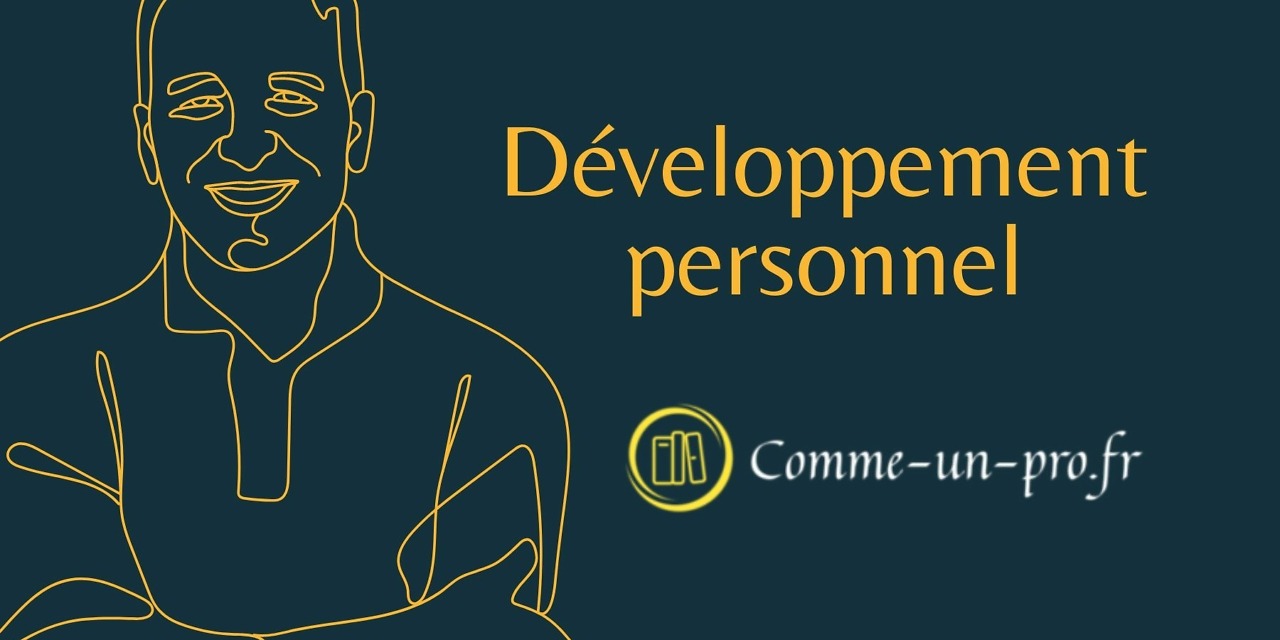The art of negotiation, your hidden asset for an extraordinary career
Negotiation is a essential skill often underestimated in the professional world. Many people consider it a natural talent, but the truth is that negotiation is an art that can be learned and honed. This skill can become a major asset in your professional progression, whether it is to obtain a salary increase, improve your working conditions or even negotiate new opportunities.
To understand why the art of negotiation is so valuable, one must first understand what negotiation really is. Simply put, negotiation is a process by which two or more parties attempt to reach a mutually beneficial agreement. This process requires a combination of communication, understanding, persuasion and sometimes compromise.
The key to negotiation lies in finding a “win-win” solution. This means working to find an agreement that meets the needs and interests of all parties involved. It may seem like a tall order, but with the right approach and the right skills, it is entirely possible to achieve it.
One of the reasons why the art of negotiation is so crucial in the professional world is that it allows you to have more control over your career. By knowing how to negotiate effectively, you can position yourself to get what you want and achieve your business goals. Whether negotiating a job offer, discussing a promotion or debating a contract, negotiation skills are essential.
Moreover, negotiation is not only beneficial for you as an individual, it can also have a positive impact on your organization. Good negotiation can lead to stronger working relationships, better job satisfaction and better overall performance.
Negotiation, the key to unlocking your career potential
Negotiation is often presented as a complex skill, reserved for experienced lawyers or elite diplomats. However, it is present in many aspects of our daily life and especially in the world of work. Far from being a talent reserved for the few, it can be the catalyst for unexpected career development.
An important thing to keep in mind is that negotiation is not a fight. Contrary to popular belief, its goal is not to defeat the other party, but to find common ground that satisfies everyone involved. In a professional context, this could mean reaching an agreement on the terms of a contract, resolving a conflict between colleagues, or even negotiating a salary increase or a promotion.
The art of negotiation is based on several pillars. First, active listening is key to understanding the other party's needs and expectations. Then, clear and concise communication makes it possible to effectively put forward your points of view. Finally, patience and perseverance are often necessary to reach a mutually beneficial agreement.
One of the biggest mistakes you can make while trading is underestimating your value. Whether you're negotiating your salary, your working conditions, or your role on the team, it's essential to know your worth and not be afraid to stand up for it. This doesn't mean you have to be aggressive, but rather that you have to be confident in what you bring to the table and be prepared to communicate it constructively.
Finally, it is important to note that negotiation is a continuous learning process. Every interaction, every conversation, and every negotiation gives you the opportunity to improve your skills, learn from your mistakes, and refine your approach.
Turn Negotiation into a Superpower for Your Career
Mastery of negotiation is an extremely valuable skill, but like any skill, it needs to be constantly honed and improved. A strategic approach to negotiation can turn this skill into a real weapon for your career, propelling you to new heights.
First, it's important to remember that negotiation is a skill that can be learned. There are many resources available, ranging from books and online courses to more formal training. Investing time and energy in learning this skill can have a significant impact on your career.
Next, it should be understood that negotiation is not just about asking for a raise or a promotion. It is a skill that can be used in a multitude of situations, from resolving conflicts in the workplace to negotiating employment contracts.
Another key to turning negotiation into your career superpower is to practice it regularly. This means taking every opportunity to negotiate, whether in team meetings, discussions with clients, or even in your personal life. The more you negotiate, the more comfortable you will feel with this skill.
Finally, it is essential not to fear failure. Not every negotiation will be successful, and that's normal. Every failure is an opportunity to learn and improve. Don't be discouraged if things don't go as planned. Instead, learn from experience and use it to refine your approach in the next negotiation.


